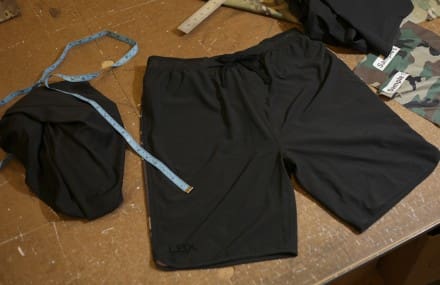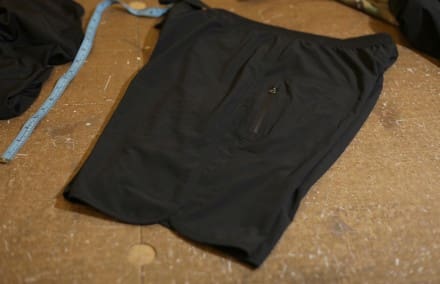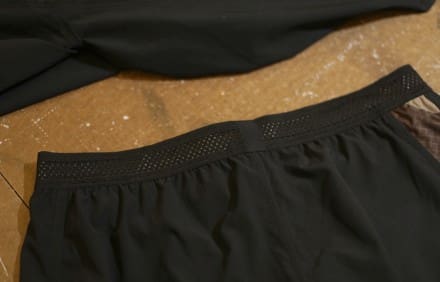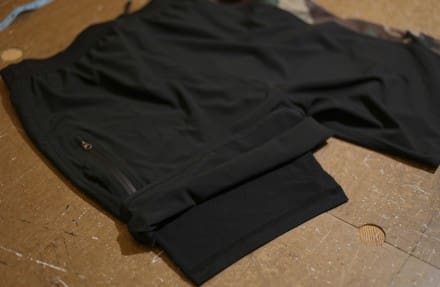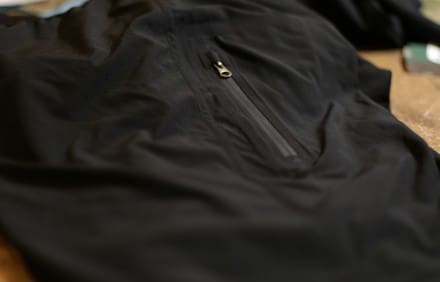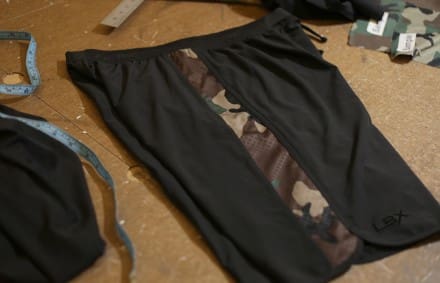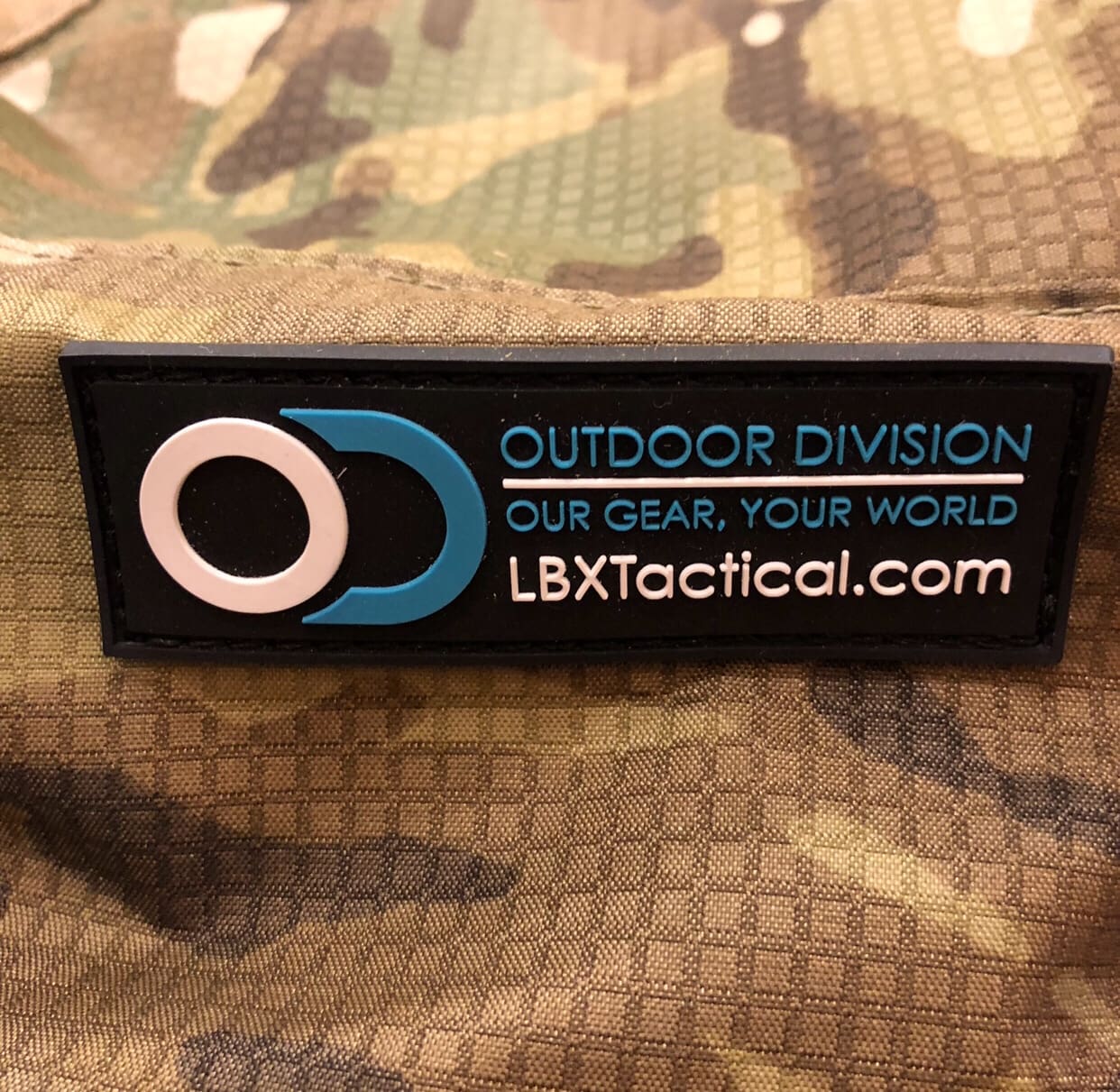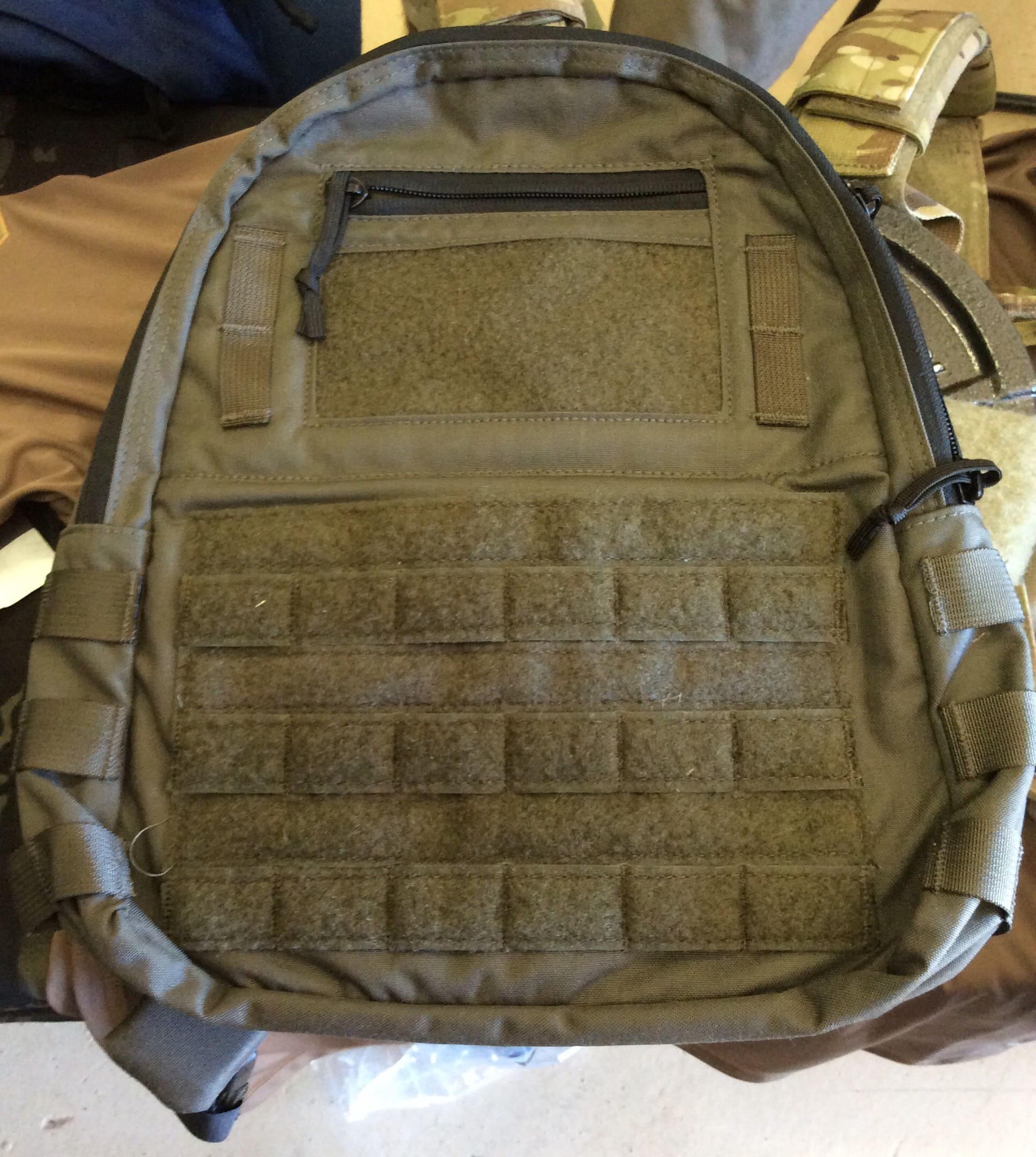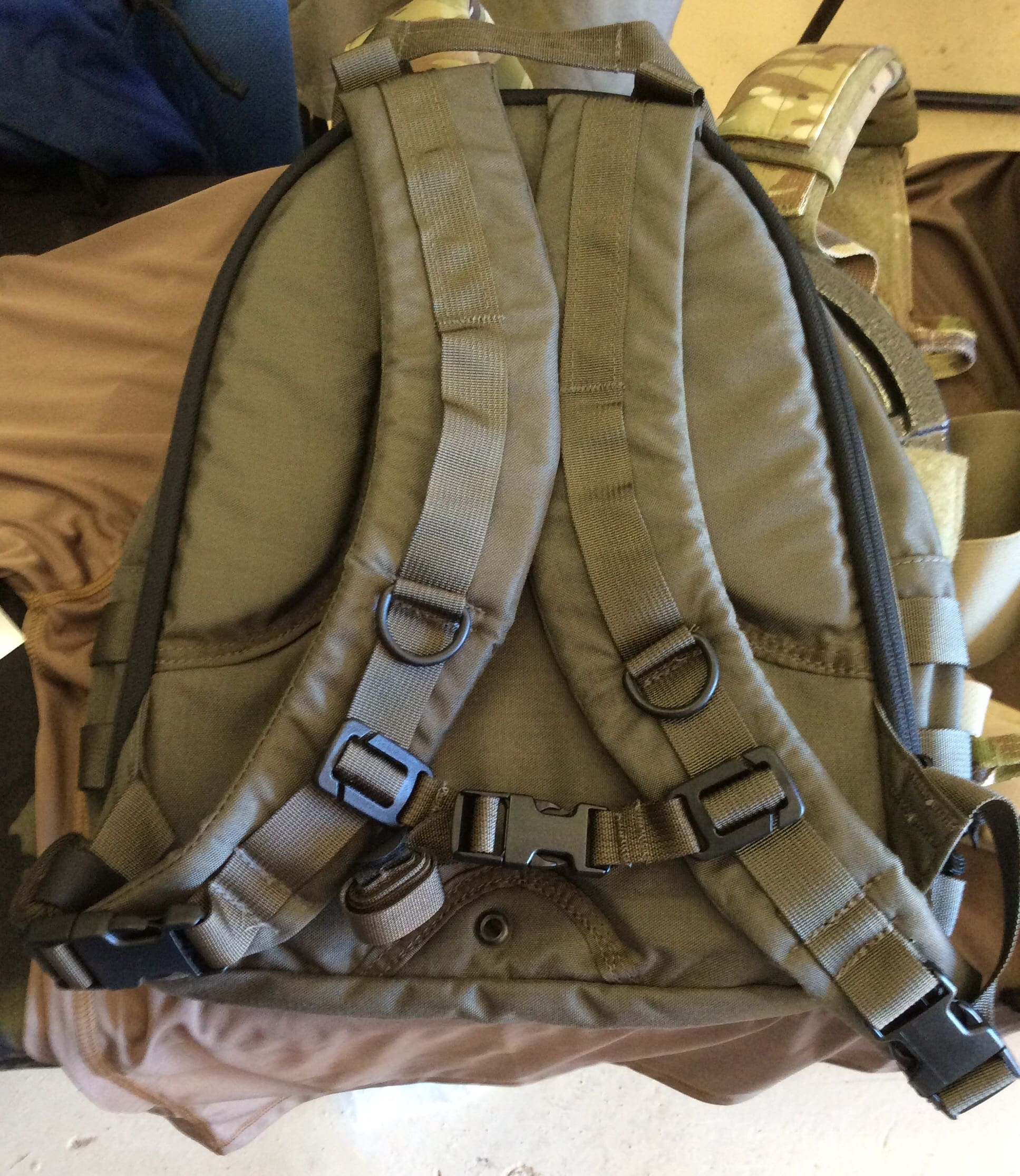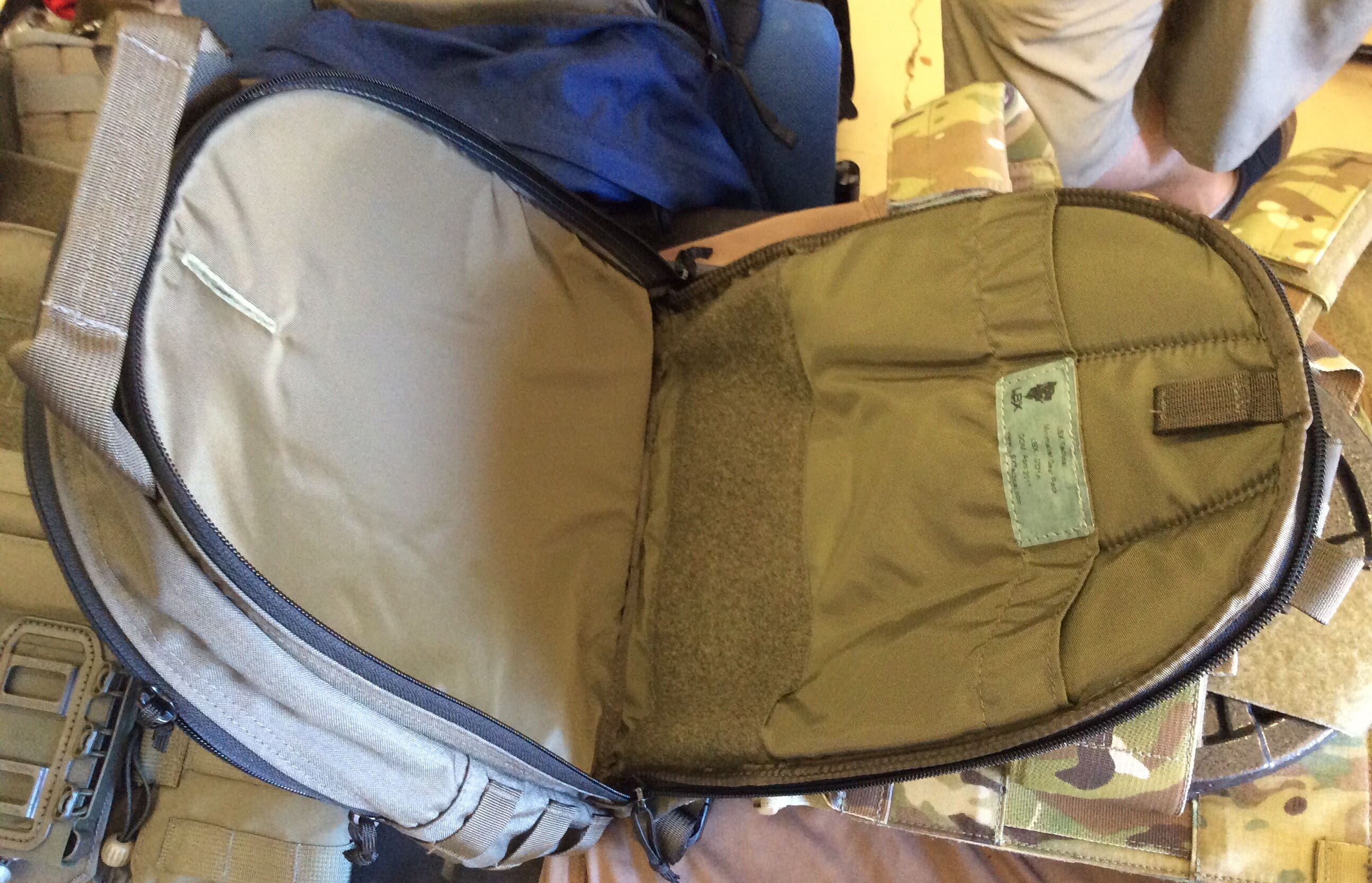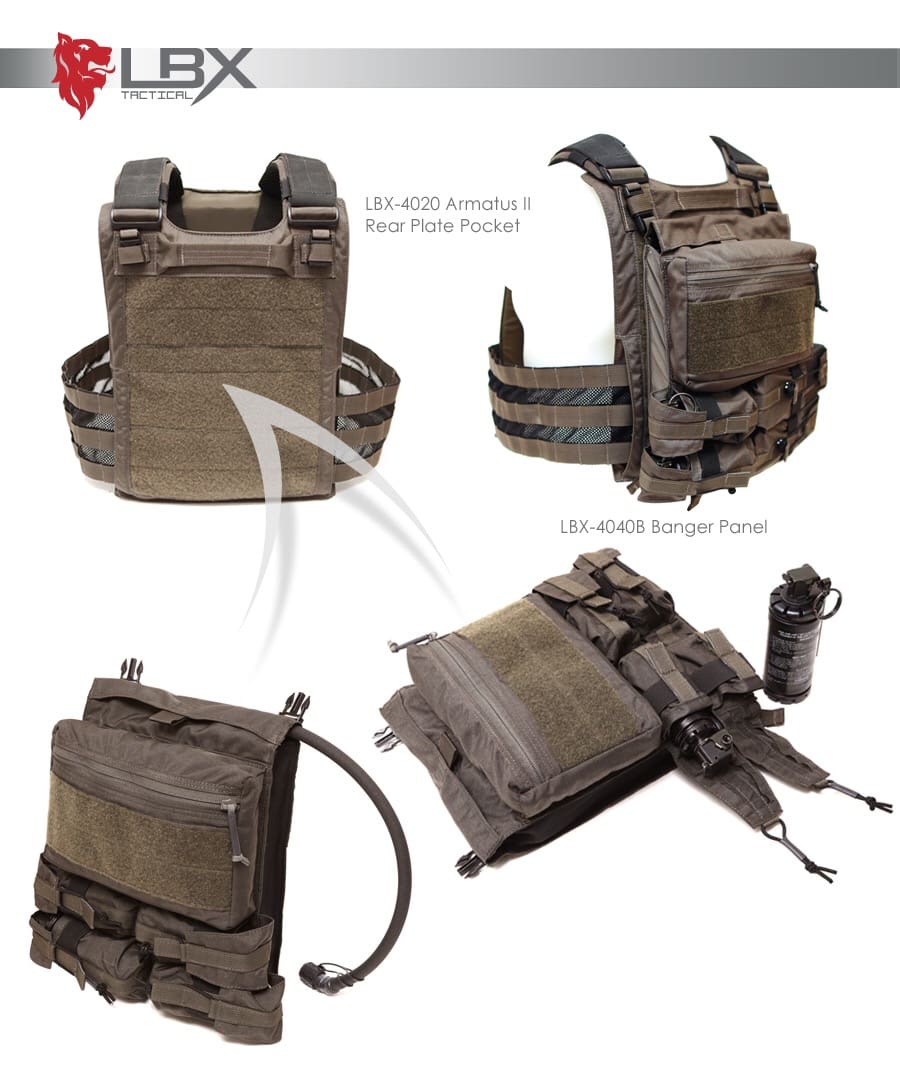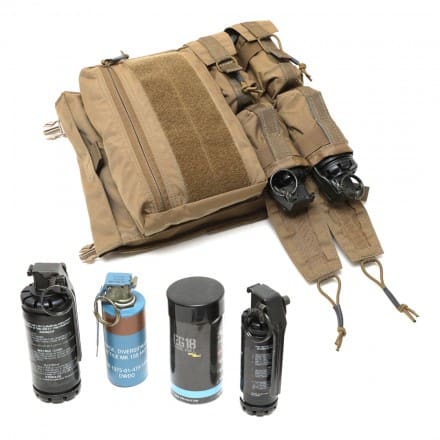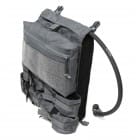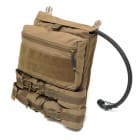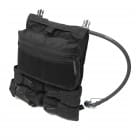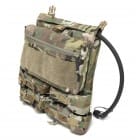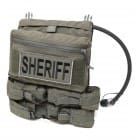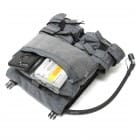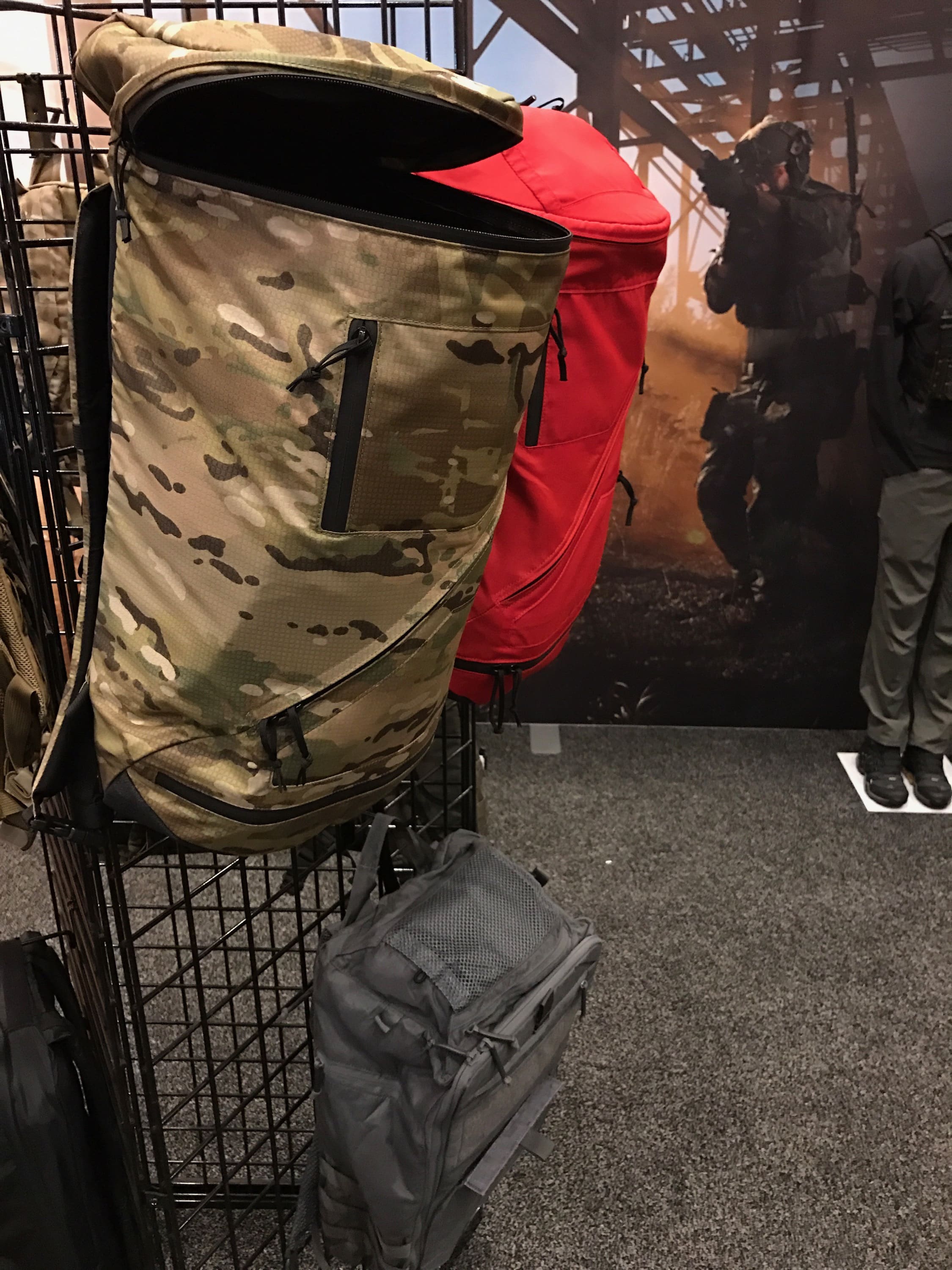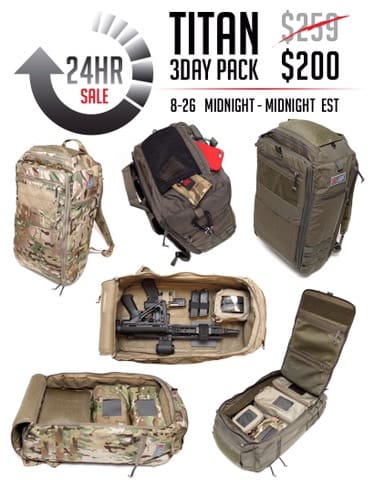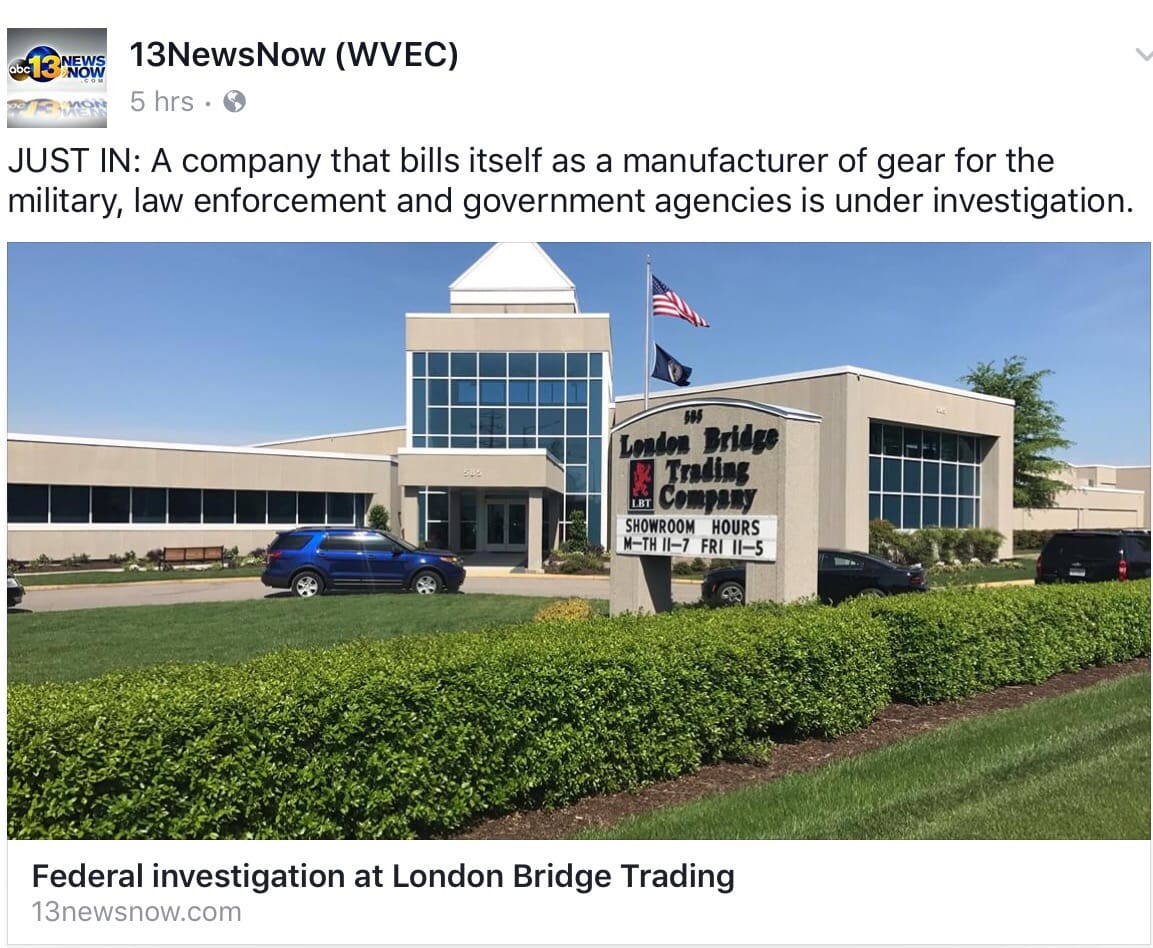
Earlier today, I saw on the local news that officers from the Department of Homeland Security and Defense Criminal Investigative Service served two writs on London Bridge Trading Company (LBT) at their headquarters and factory on London Bridge Road in nearby Virginia Beach. Immediately, the conjecture began on social media, but I decided to find out about what was going on before I wrote anything.
What apparently began as a show of force at about 9:00 AM, quickly dwindled to just a few officers as LBT’s employees cooperated with the investigation, clarifying how their business operates and who its customers are. LBT posted this to social media, in response to social media comments about the event.
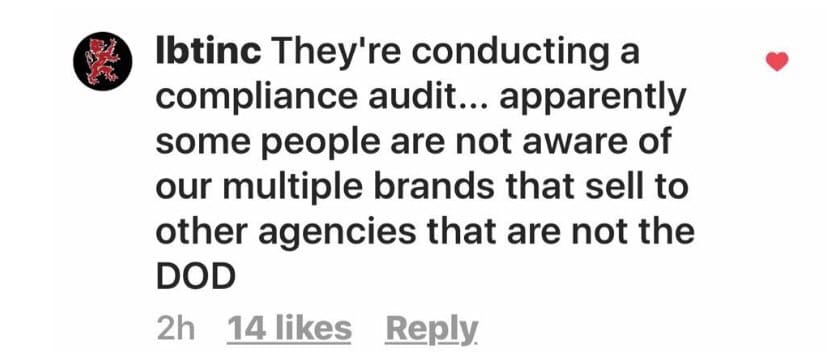
As far as I know, no one was arrested, and nothing was seized in the “audit”. To be honest, I’m not quite sure how to refer to it. Raid seems too over the top and audit seems a bit optimistic considering the way it was initiated. It certainly didn’t end the way it started. In response, LBT issued this statement just awhile ago on social media.
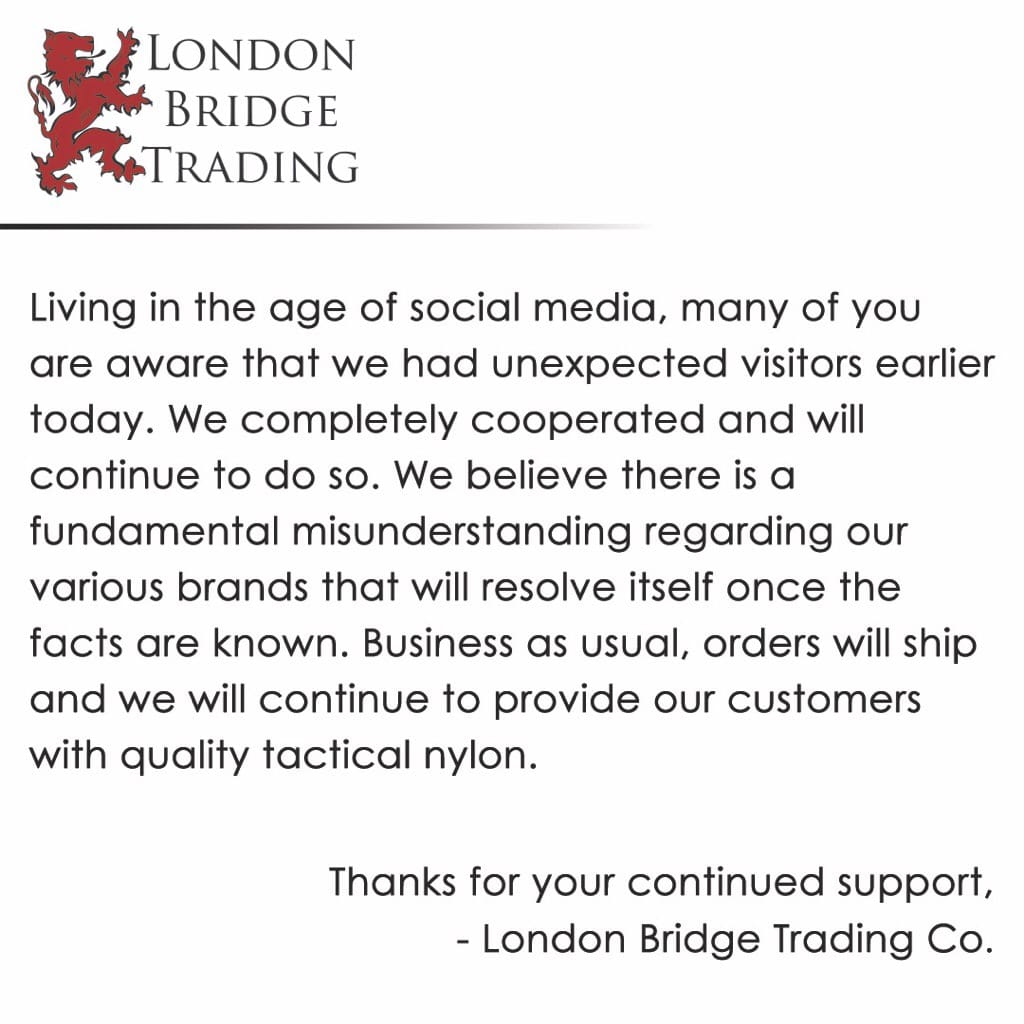
From what I understand, the “audit” was part of an ongoing investigation, but so far, no one outside of the government knows exactly what that investigation entails. However, sources tell me that while federal agents knew that LBT manufactured goods in Peru, they had no idea about subsidiary LBX Tactical, nor that business’s purpose, to sell tactical products commercially to the public. It sounds like all they knew was LBT and military contracts. Naturally, this could cause some confusion to anyone who knows that the Berry Amendment requires that all textiles sold to the US military be completely of US origin, from base materials all the way to the finished item. However, many do not know that there are exceptions to this rule.
The governemnt has a lot of flexibility in how it buys the items it needs. The vehicle used to purchase items all depends on who is buying the items, how they are buying them, as well as the overall cost of the purchase. For example, Berry has a threshold of $150,000. This means that if the total procurement is less than $150k, Berry isn’t an issue. This generally applies to direct buys like Government Purchase Card purchases. However, anything purchased through DLA, including via Tailored Logistics System, must be Berry compliant. Another example of an exception to Berry is that if the item is purchased overseas and intended to only be used overseas, Berry requirements can be waived. Early in the war this was sometimes done to buy mountaineering boots.
In addition to Berry purchases, military units can buy through GSA, but this requires that the items be TAA or Trade Agreement compliant in origin. These are made in countries who are on the “good guy” list. Few countries aren’t on the list, but they include China, Vietnam and North Korea, amongst others. Interestingly, several of the countries who aren’t TAA compliant seem to be found in the textile good supply chain. Confused yet?
It can be even more confusing because elements of the national security infrastructure like the intelligence community as well as the Departments of Homeland Security and Justice are not bound to the rules of the Berry Amendment, despite their missions. They must apply other rules which will hopefully be cleared up a bit as the new “Buy American, Hire American” Executive Order, signed just last week by President Trump, is implemented.
Hopefully, for LBT and their employees, this is simply a case of confusion. But, until we know the ultimate outcome, LBT says they plan to continue to fill orders. We will keep you posted.


